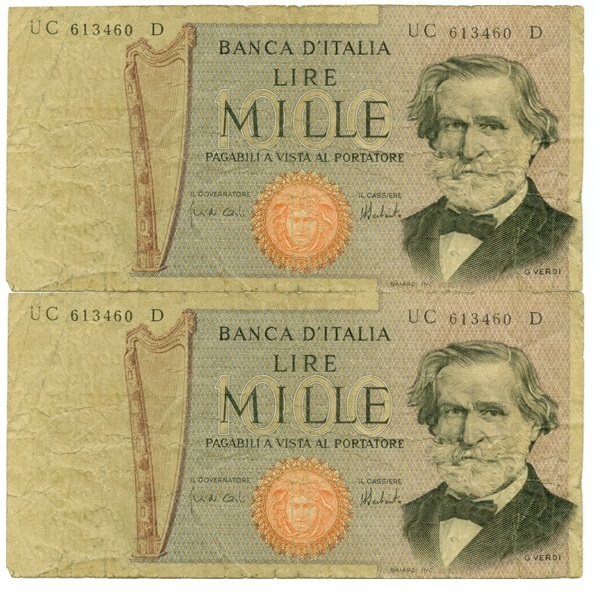Italiani, nonostante tutto
DOI:
https://doi.org/10.13135/2038-6788/8579Parole chiave:
Italia 150, Piemonte, UnitàAbstract
On the eve of the unification of Italy as a nation, the fragmentariness of the Italian fabric was almost total: at the geographical, political, institutional, cultural and human levels. A quick sequence of events that combined decisions, chance, national circumstances, and international diplomatic maneuvring brought Italy to have a unified kingdom. One should not be surpirsed by the fact that, albeit in a deformation due to an imprecise rhetorical use, the Italian national memory became fixated on Massimo D’Azeglio’s alleged claim regarding the difficult need that “once Italy is made, one must make the Italians.” Nor should one be surprised by the fact that the beginning of the new unified State was marked by a real civil war. The political use of history (as one says today) modified the meaning of such a war by naming the beginning chapter in the new Italian national history “fight against banditry.” This was not a transient event with no consequences, though. The birth of the unified State was not the happy ending of a shared desire, of a “risorgimento” [resurgence] of consciousnesses and of an idea of homeland that had been long cultivated and grounded in the most ancient Italian literary traditions. It was a difficult, thwarted, contradictory process that was not void of contingent aspects. It was brought to accomplishment by the only state reality that already existed, namely the Savoy’s Piedmont, which modeled the Italian administrative structure after its own bureaucratic and military mould.


